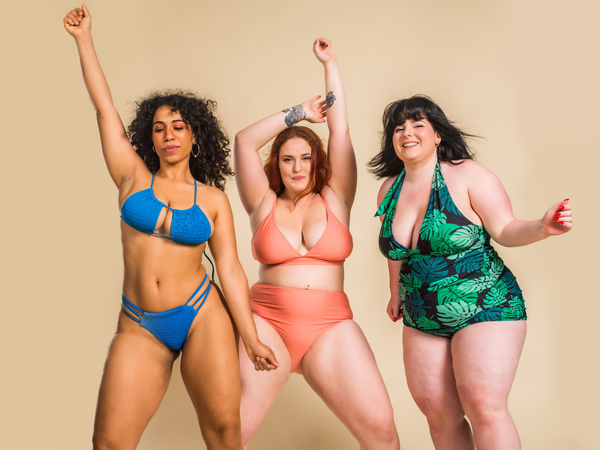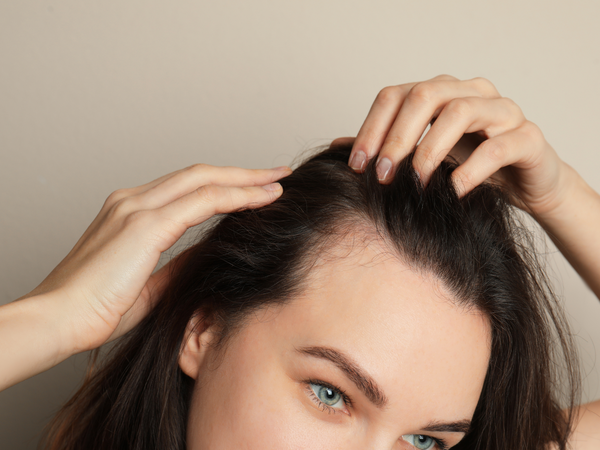EVERYTHING You Need to Know About: Argan Oil, Nature’s Miracle Moisturiser

Overview
There are many wonderful skin and hair oils available, so many in fact that it can become confusing to know what to choose
Locally sold as a paste, in recent years the oil has become legendary for its topical benefits to skin, hair and nails.
In this article we explain why Argan Oil (often called ‘nature’s moisture miracle) is so popular, and how to get the most from it.
How do You Make Argan Oil?
Argan oil comes from the kernels of fruit growing on argan trees. Mainly found in Morocco, the kernels are pressed to create an oil.
Argan oil used for cosmetics is created from unroasted argan oil (as opposed to in food production, where the oils are roasted first).
The fruits are dried naturally, before being hulled, smashed and then cold pressed.
EXPERT INSIGHT: ‘Cold pressing’ means the oils are collected at room temperature with no heat, leading to a purer result, protecting far more of the beautiful fatty acids and nutrients within the kernel.
Is Argan Oil Allergenic?
Alongside almonds, cashews, hazelnuts, macadamia nuts, and brazil nuts, argan nuts are tree nuts, growing above ground in trees. Peanuts grow below ground and are considered ‘legumes’ so are slightly different.
Some people allergic to peanuts are ok with tree nuts, but 25 – 40% of sufferers are allergic to both, so it’s vital you do a test if you’re not sure.
What are the Benefits of Argan Oil for skin
1. Good for a Scaly Scalp
In short yes. Argan oil is excellent for those suffering with scalp related conditions like Seborrheic dermatitis, a condition that causes itching, pain and dry patches.
It’s renowned for anti-inflammatory, and anti-fungal properties that are far more soothing then traditional conditioners, or harsh medicated treatments.
We advise using it warmed by gently pouring into the scalp, leaving overnight then combing it out and rinsing with a natural shampoo. Be very careful, if you see hair coming away with the scales, its best to stop and just rinse.
2. Gently treats acne
It may seem counterintuitive to use an oil on skin that overproduces grease, but actually argan oil is anti-comedogenic (non-acne producing) and very soothing on inflamed, spot-prone skin.
Acne may occur when sebum – produced by hormones – goes into overdrive. Argan oil seems to work by regulating production, potentially by tricking the skin into thinking it’s moisturised enough, thus settling down the grease.
The anti-inflammatory properties are also ideal to reduce redness and swelling caused by infected pustules and cysts.
Apply a small amount once per day, at night, post moisturiser for best results.
3. Protects from sun damage
A 2013 study Trusted Source found that Moroccan women have been using argan oil on their skin for generations to heal and soothe sun damage, and with very good reason.
Argan oil is rich in antioxidants, making it great at scavenging free radicals (harmful pollutants floating in the air). It is also deeply nourishing, aiding the replenishment of moisture, depleted in burns.
Don’t be tempted to go in the sun though in Argan oil – it won’t protect like an SPF and is still an oil, so will trap heat in the skin, effectively ‘cooking’ it. Ouch.
4. Great for Dry Hair
Dry, frizzy hair is the bane of many of our lives. The structure in argan oil is rich in fatty acids, so it supports the hair by nourishing it.
It penetrates deeply into the hair shaft, helping to increase elasticity and protects it from moisture (so no ‘Monica from Friends’ moments). It’s also ideal to use prior to heat treatments to ensure you don’t damage the hair.
Apply to ends (not roots) of wet hair before drying or combing for best results.
5. Perfect for Encouraging Hair Growth
Hair growth needs healthy hair, but it also needs healthy scalps, which needs healthy blood flow.
You can try a DIY scalp massage once a week to encourage this, using a warmed tablespoon or two of your argan oil, and self-massage.
For a super relaxing treat, start at the scalp, using the tips of your fingers, work into the scalp in circular motions. Down towards the neck, then round to the ears. Gently tug the hair all over the scalp then stroke down and across the hair line.
6. Moisturising Top-to-toe
Argan oil is rich in Vitamin E, a water-soluble antioxidant responsible for improving water retention, making it under-nourishing, but none pore blocking and ideal to use all over.
Cracked feet, dry patches, soreness, and stretchmarks can all feel more comfortable with topical application once or twice per day. Just be careful what you wear immediately afterwards as it can leave a residue on clothing.
7. Kind on Allergy Prone Skin
Because it is antioxidant and anti-inflammatory, argan oil is very gentle and beneficial for inflammatory conditions like rosacea and psoriasis.
Simply apply your oil directly to the areas affected or consider a supplement.
8. Soothing atopic dermatitis
Research has found that applying argan oil topically to areas affected with Atopic Dermatitis (itchy flaky skin) is highly effective at reducing both discomfort and the duration of a flare up.
9. Great for Peri-Menopausal Skin
A recent study of peri-menopausal women was able to demonstrate strong results in skin improvements when applying argan oil.
Researchers found combining oral and topical argan oil worked most effectively.
10. Prevents and reduces stretch marks
Stretch marks are particularly common during pregnancy, but anyone can experience them. A 2016 study found argan oil especially effective when used in the earliest stages of pregnancy, if applied at least twice per day.
Side Effects of Argan Oil
Argan oil is considered one of the safest oils, provided you have checked for allergic responses.
How to Use Argan Oil
· Directly as an oil onto the skin
· Suspended as an oil in water cream
· Mixed with other lotions, such as moisturiser for added benefits
· Warmed with herbs or essential oils for additional benefits
· Supplements
· Food cooked in heat treated oil
Visit here to learn about our NEW Argan and Macademia Oil
Sources:
-
Bogdan C, et al. (2016). Preliminary study on the development of an antistretch marks water-in-oil cream; ultrasound assessment, texture analysis, and sensory analysis. DOI:
10.2147/CCID.S107298 -
Boucetta KQ, et al. (2015). The effect of dietary and/or cosmetic argan oil on postmenopausal skin elasticity. DOI:
10.2147/CIA.S71684 -
Guillaume D, et al. (n.d.). Argan oil.
altmedrev.com/publications/16/3/275.pdf -
Keen M, et al. (2016). Vitamin E in dermatology. DOI:
10.4103/2229-5178.185494 -
Villareal M, et al. (2013). Activation of MITF by argan oil leads to the inhibition of the tyrosinase and dopachrome tautomerase expressions in B16 murine melanoma cells. DOI:
10.1155/2013/340107



